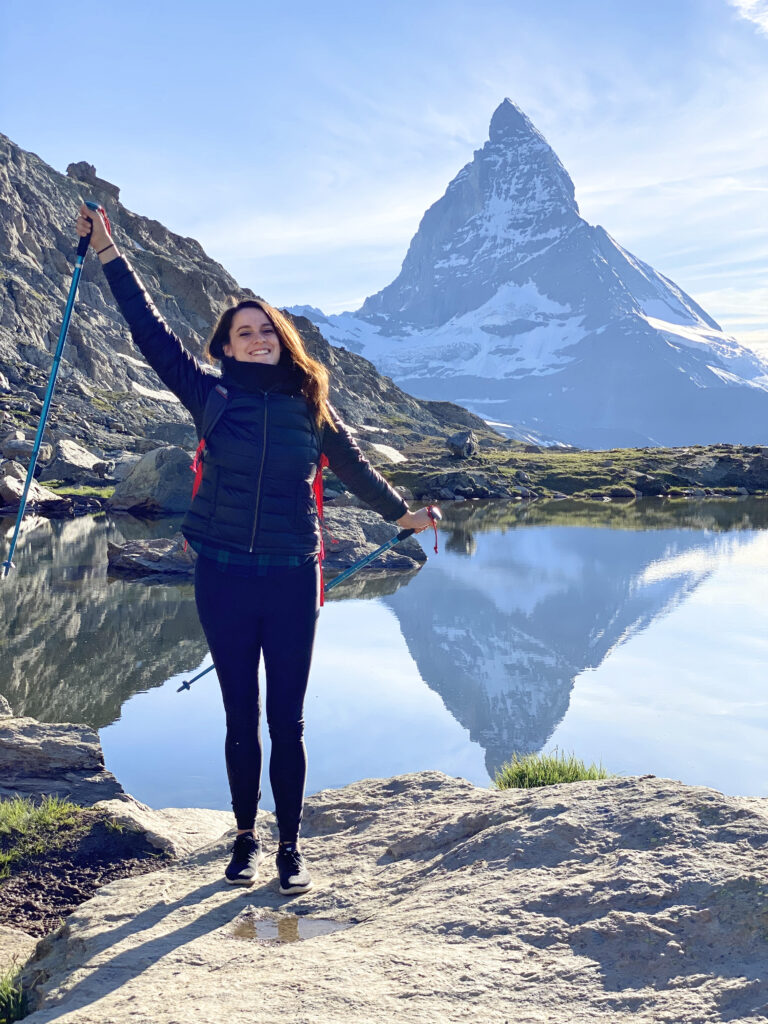© Joonas Fritze / WWF
The ice crisis: Protecting Arctic Sea ice to save our planet
We can’t replace Arctic sea ice once it’s gone—so protecting it now is critical. MARGHERITA BARBIERI explains why we all need to step up and take responsibility.

Margherita Barbieri
I live in the northern Italian city of Torino (Turin). This winter, it didn’t rain in my city for more than 100 days.
In addition to this unusual drought, the effects of climate change were visible in the warm spring-like temperatures in the Italian Alps in December. I went downhill skiing without a winter jacket while flowers bloomed and the memory of those freezing days of skiing in my childhood faded away.
The effects are also there in the anxiety I feel every time an unbearable heat wave hits Torino in the summer, when it feels as though I am living in the tropics or sub-Saharan Africa rather than northern Europe.
No matter where we live or what we care about, the climate crisis is affecting all of us, and a lot of climate instability is linked to the loss of the Arctic sea ice. Our planet is our most precious resource. It allows us to breathe clean air, access clean water and enjoy the simple things in life, such as our morning cup of coffee, our daily run in the park or simply the beauty of our favourite natural getaway spots.
For this reason, I am committed to raising awareness of how the climate, the Arctic and biodiversity are connected. That’s why I’m a member of the Arctic Angels, a group of 45 young leaders aged 10 to 33 years from more than 27 countries who are advocating for urgent policy action to protect our planet and its polar regions.
Change is already happening
One of the most important functions of polar ice is to act as a thermostat for the Earth, reflecting the sun’s rays back into the atmosphere (known as the albedo effect). Losing the Arctic sea ice triggers a cascade of negative climate effects around the world.
This March in Antarctica and the Arctic, temperatures hit 40°C and 30°C above normal, respectively. Temperatures like these have never been observed before. Obviously, they are disastrous for sea ice.
The increased intensity and frequency of floods, droughts, storms and fires the world has been experiencing are linked to sea ice loss—and those are just the weather effects. Habitat and biodiversity loss will also accelerate. Competition for resources will intensify. All of these developments pose risks to humanity and food security and will turn more and more people into climate refugees. That’s why the Arctic Angels are calling for Arctic ice to be seen as a part of our global commons: interconnected Earth systems that are vital for all life and civilization.
No nation owns the global commons. By their very nature, they are shared resources, a heritage of humankind. The global systems of outer space, the atmosphere, Antarctica and the High Seas are already recognized as global commons.
These are global decisions
Currently, decisions about the Arctic region are made primarily by consensus among the eight Arctic states (Russia, United States, Canada, Denmark/Greenland, Finland, Iceland and Norway). However, the impact of Arctic sea ice loss will have global consequences, so this is no longer a matter solely for Arctic governments.
In addition, rather than collaborating to mitigate further damage, nations and corporations are angling to capitalize on new opportunities presented by melting ice. These new prospects—which include deep sea mining, fossil fuel extraction, radioactive waste dumping, nuclear weapons testing, and increased commercial shipping, including a transpolar sea route—threaten Arctic ice and biodiversity. This is why I am fighting to raise awareness and defend the remaining ice from a “business as usual” scenario. As an Arctic Angel, I am calling for a 10-year pause on any harmful exploitation of Arctic sea ice.
Raising awareness about the Arctic crisis, the role of Arctic ice in mitigating climate change, and the interconnections among the climate, the polar regions and biodiversity loss is essential to protecting our planet. Young people need to speak up, and our voices need to be heard. It’s time for bold and ambitious government action to preserve the Arctic and save our planet while we still can.
Margherita writes about the climate crisis and biodiversity for Italian Climate Network and is a member of the Arctic Angels, a youth-led intergenerational action network committed to protecting the Global Commons.